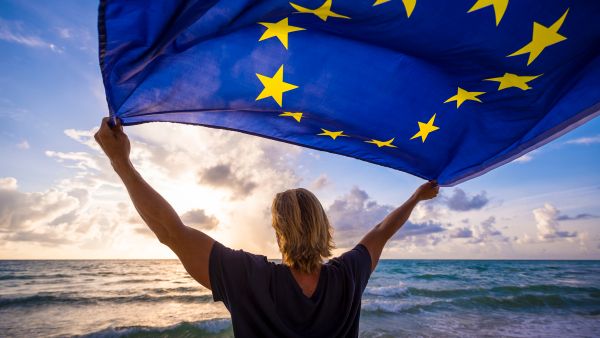The increase of anti-vaccine movements, and vaccine-shortages in some European countries, poses a threat to the health of European citizens. The World Health Organisation (WHO) warns against the alarming return of preventable diseases, such as measles. Over 20,000 Europeans were affected by this disease last year, and 35 died, whereas there were only around 5,000 cases in 2016.
At the request of the S&D Group in the European Parliament, the committee on the environment and public health today passed a resolution calling on member states to improve the public information available on the need for vaccination, which saves millions of people from illness and disability in the wold. Vaccines have also eradicated some diseases, like polio, but they could come back if general immunisation was to be undermined. The resolution also calls for wider and more affordable access to vaccines in Europe.
Elena Gentile MEP, who signed the resolution on behalf of the S&D Group, said:
“In some European countries vaccines are seen with indifference, or even with hostility nowadays. It is necessary to fight back against this trend, often fed by misleading campaigns, which can risk thousands of European citizens being exposed to infectious diseases already eradicated in the past.
“We call for information campaigns, aiming at raising awareness in the public opinion. Furthermore, we demand more investments in research and monitoring in order to guarantee the highest level of health safety.”
S&D spokesperson on health, Miriam Dalli MEP, said:
“Widespread vaccine hesitancy has become a worrying phenomenon. Untrustworthy online sources are bombarding our citizens with unreliable, misleading and unscientific information, triggering delays or complete refusal in taking necessary vaccines.
“The consequences of these decisions mean that the decline or eradication of many infectious diseases is now being challenged.
“It is important to recognise that vaccines are not a new method, and licensed vaccines are rigorously tested and regularly reassessed by both the World Health Organisation and the European Medical Agency (EMA).
“It is now up to the member states to ensure even coverage and access across Europe.”
Related content
Find out more







